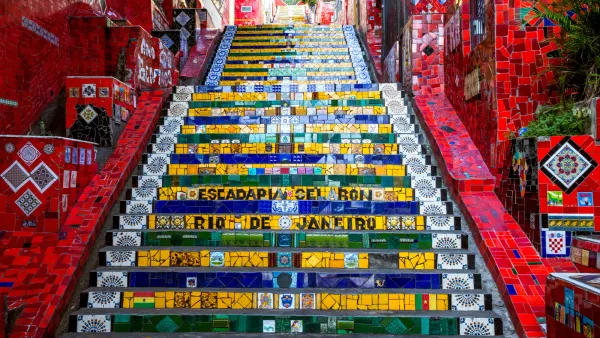The Quick Guide to the World's Most Sustainable Cities
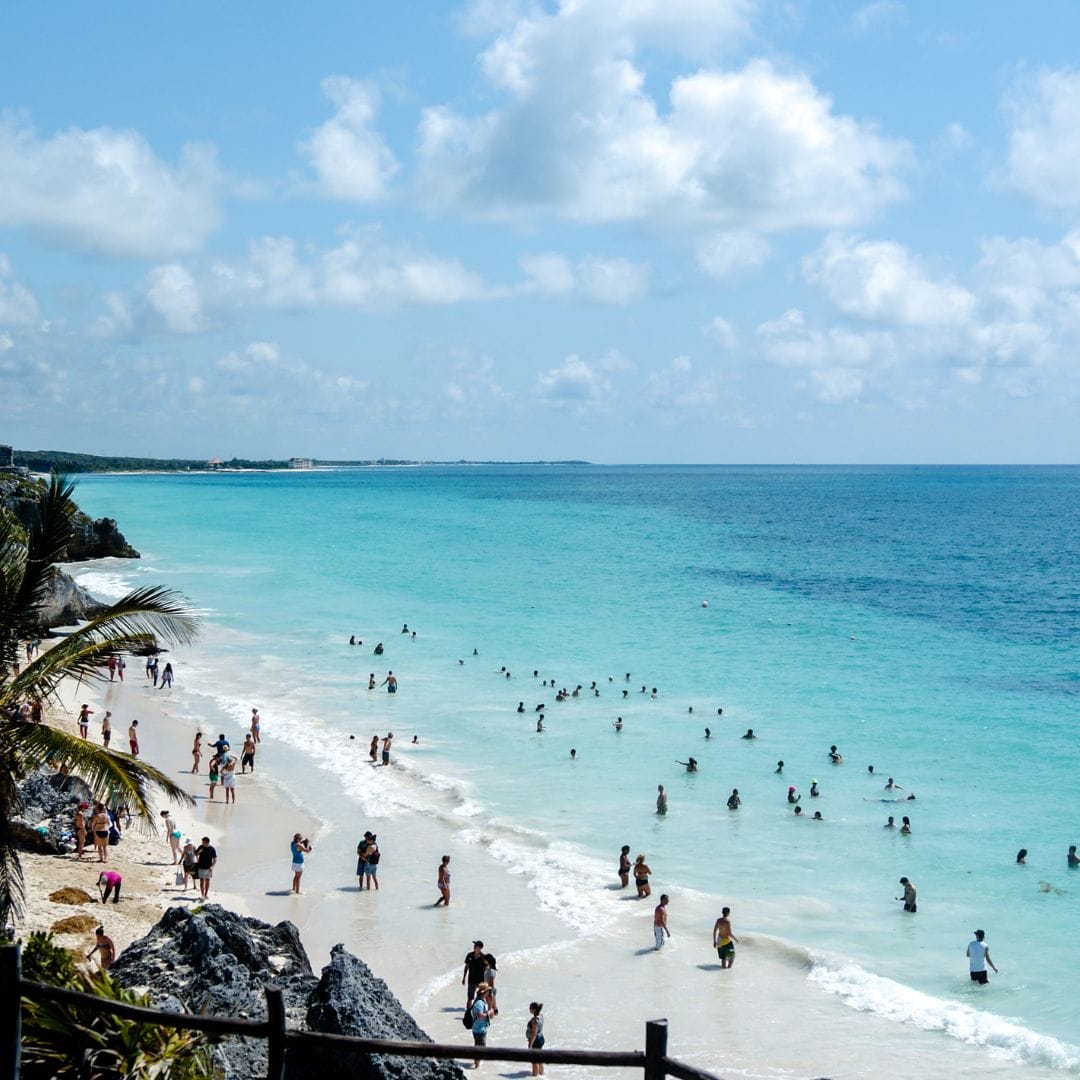
Green & Global From Stockholm to San Francisco
We now live in a world where the level of importance grows for environmental consciousness intertwined with wanderlust, the concept of sustainable travel has never been more vital.
For digital nomads especially, there is the unique opportunity – and responsibility – to minimise our footprint while exploring the globe. What truly defines a sustainable city? According to the United Nations, It’s a place where environmental harmony, social equity, and economic prosperity are meticulously balanced, fostering a high quality of life for its residents and visitors alike, without compromising the needs of future generations.
From innovative public transport systems and abundant green spaces to pioneering renewable energy initiatives and robust recycling programs, these urban havens are leading the charge towards a greener future. For the modern traveller, staying connected seamlessly is paramount. That's where MobiMatter comes in, offering flexible and affordable eSIM plans that ensure you're always online, whether you're researching a city's eco-friendly initiatives or sharing your sustainable adventures.
Let's embark on a journey to explore some of the world's most sustainable cities, highlighting their green credentials and recommending the perfect MobiMatter eSIM package to keep you connected.
1. Copenhagen, Denmark: The Cycling Capital of Sustainability
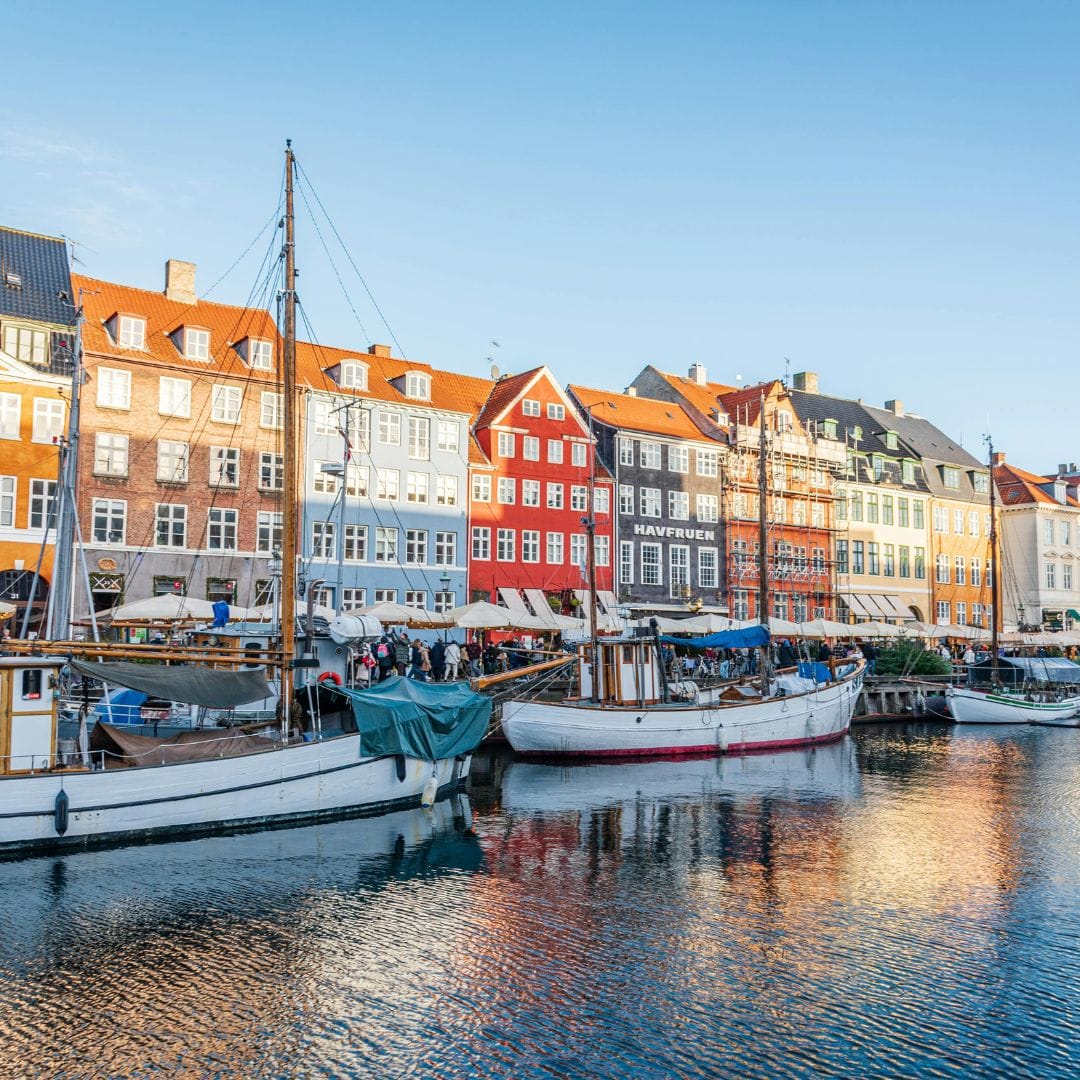
Copenhagen consistently ranks at the top of global sustainability indices, and for good reason. This Danish capital is a shining example of urban planning focused on quality of life and environmental stewardship. Its ambitious goal to be carbon neutral by 2025 has driven incredible innovation.
Sustainable Highlights
- Cycling Culture: Over 62% of Copenhagen inhabitants commute by bike daily, thanks to an extensive network of cycle paths and infrastructure. The city even has "Green Cycle Routes" that prioritise cyclists and pedestrians.
- Green Spaces & Blue Spaces: Abundant parks, gardens, and clean harbour baths (where you can swim in the city's canals!) contribute to a high quality of life and biodiversity.
- Renewable Energy: The city is heavily invested in wind power, with wind turbines dotting the horizon, providing a significant portion of its energy needs.
- Efficient Public Transport: A highly efficient and integrated public transport system, including electric buses and a metro system, further reduces reliance on private cars.
- Sustainable Food Scene: Copenhagen boasts a thriving scene of farm-to-table restaurants and organic markets, emphasising local and seasonal produce.
Experiencing Copenhagen Sustainably
Rent a bike and explore the city's charming streets, visit the Superkilen park, an urban space designed for diversity and inclusion, or take a dip in the clean waters of Islands Brygge Harbour Bath. Enjoy a meal at a New Nordic restaurant focusing on locally sourced ingredients.
MobiMatter Package for Copenhagen
For exploring Europe's greenest city, a regional European eSIM is ideal. The Europe and USA 15 GB for 30 days at $14.49 offers excellent value, covering Denmark and over 40 other countries, ensuring you're connected throughout your European adventures.
2. Amsterdam, Netherlands: A Pioneer in Circular Economy
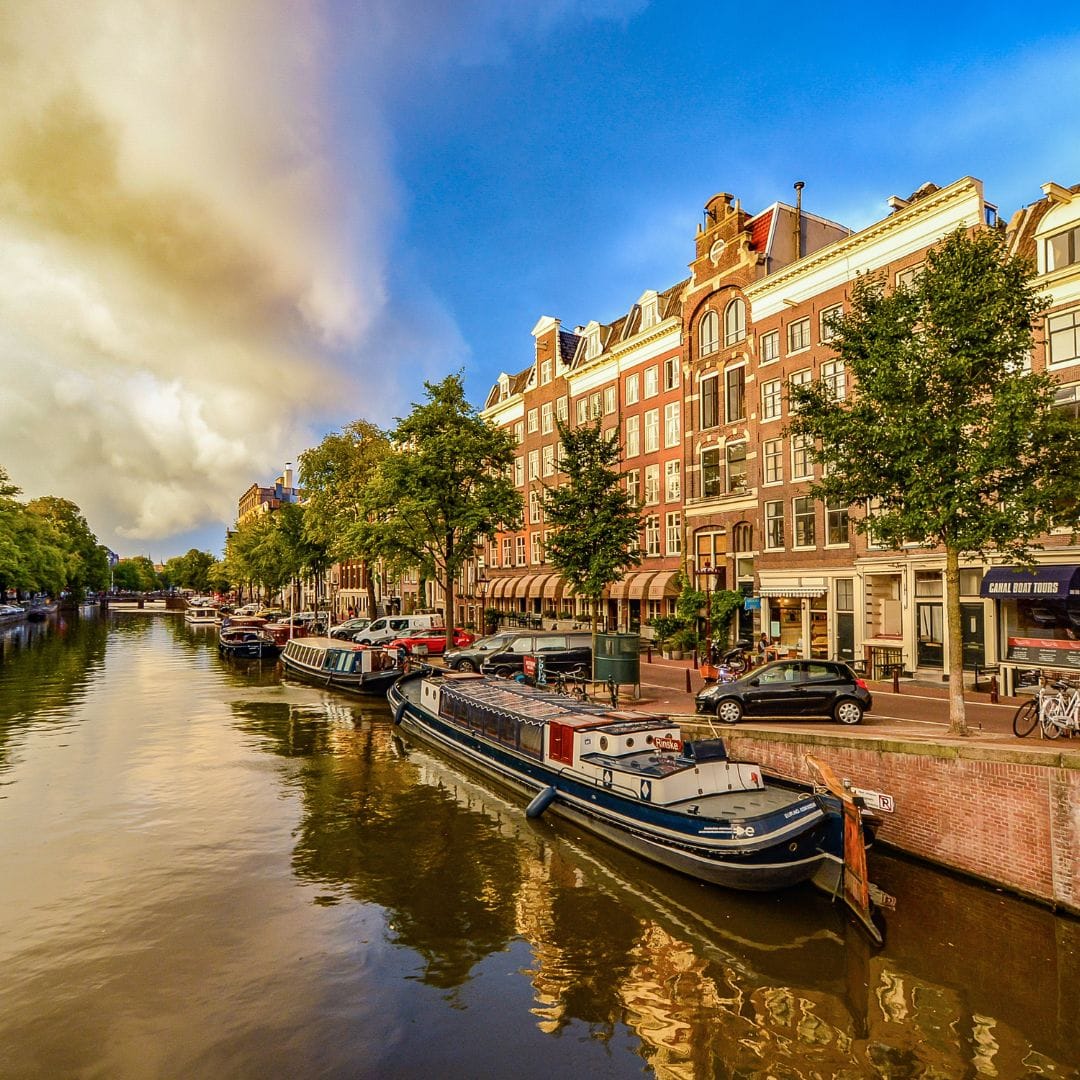
Amsterdam, a city famous for its canals and vibrant culture, is also a global leader in urban sustainability, particularly through its groundbreaking circular economy initiatives. The city aims to be fully circular by 2050, minimizing waste and maximizing resource efficiency.
Sustainable Highlights
- Circular Economy Initiatives: Amsterdam is actively promoting reuse, repair, and recycling, with projects ranging from sustainable construction to textile recycling programs.
- Extensive Cycling Network: Like Copenhagen, cycling is deeply ingrained in Amsterdam's DNA, with vast cycling infrastructure and bike-sharing schemes.
- Smart City Technology: The city uses data and technology to improve urban efficiency, from smart lighting to waste management.
- Sustainable Housing: Innovative projects are focused on developing energy-efficient and socially responsible housing.
- Water Management: With its intricate canal system, Amsterdam has long prioritised sustainable water management and flood control.
Experiencing Amsterdam Sustainably
Explore the city by bike or electric canal boat. Visit De Ceuvel, a creative and sustainable community built on polluted land, or wander through the Hortus Botanicus, one of the oldest botanical gardens in the world. Look for local shops that embrace upcycling and second-hand goods.
MobiMatter Package for Amsterdam
Again, the Europe USA 20+5 GB FREE for 30 days at $24.49 is a strong contender, providing reliable coverage in the Netherlands and beyond. For longer stays or higher data needs, MobiMatter also offers a Europe and USA 30 GB for $28.49.
3. Oslo, Norway: The "EV Capital of the World"
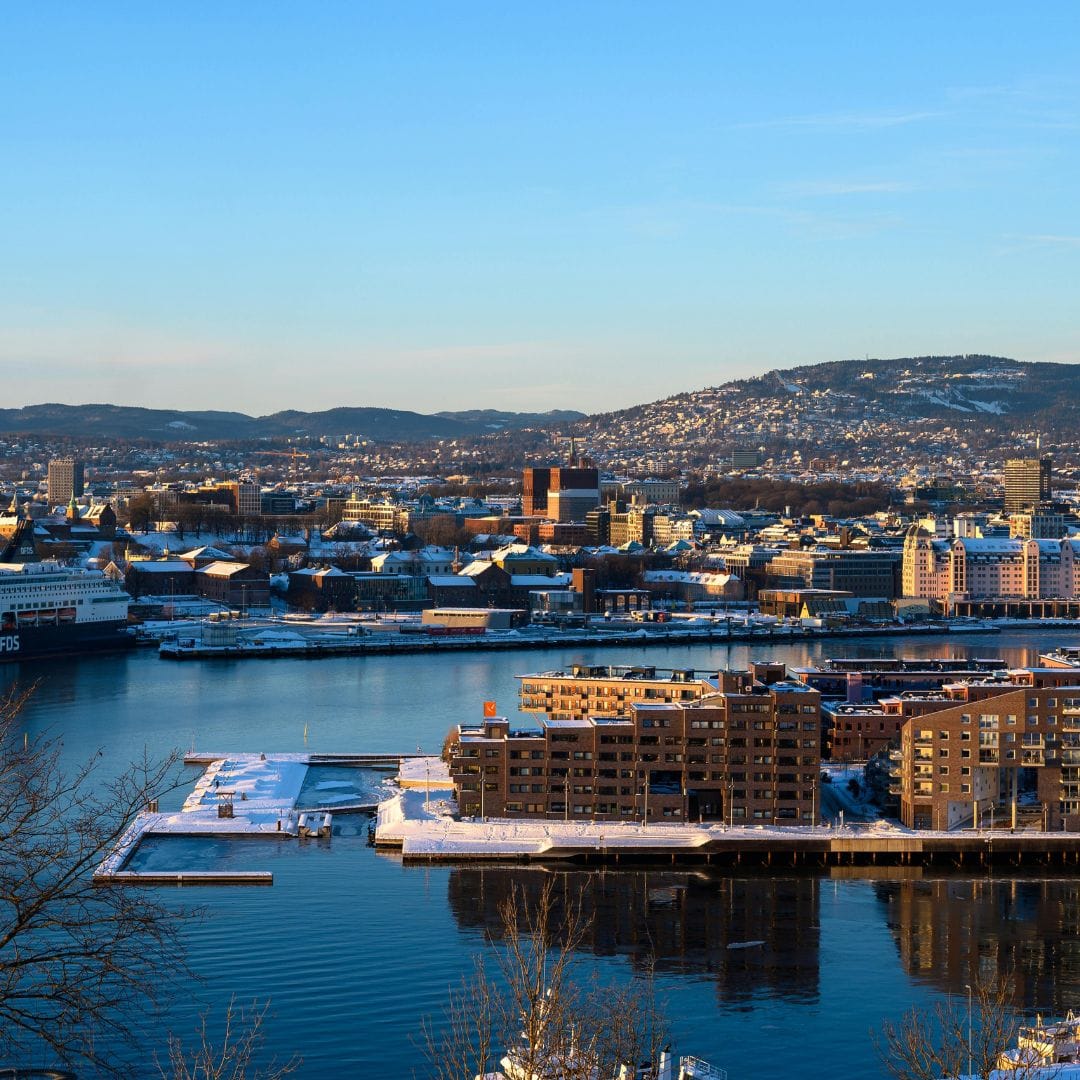
Oslo consistently ranks high in environmental sustainability, especially for its pioneering efforts in electric vehicle adoption and green urban development. The city aims to be carbon neutral by 2030 and has already made significant strides in reducing emissions.
Sustainable Highlights:
- Electric Vehicle (EV) Adoption: Oslo has the highest per capita ownership of EVs globally, supported by extensive charging infrastructure and incentives.
- Green Urban Planning: The city is committed to preserving green spaces and has a dense network of public transport to discourage car ownership.
- Renewable Energy: A significant portion of Oslo's energy comes from hydropower, contributing to its clean air quality.
- Waste Management: Norway has an impressive recycling rate, and Oslo is at the forefront of these efforts, with innovative waste-to-energy plants.
- Car-Free City Centre: Parts of Oslo's city centre are gradually being transformed into car-free zones, prioritising pedestrians and cyclists.
Experiencing Oslo Sustainably
Take advantage of Oslo's excellent public transport or explore on an electric scooter. Visit the Ekebergparken Sculpture Park, which blends art and nature, or hike in the nearby forests accessible directly from the city. Enjoy the local seafood, often sustainably sourced.
For Scandinavia's green gem, the Europe and USA 60 GB 60 Days at $52.49 is a great option for travelling or working across Europe. If you plan to extend your stay or need more data for streaming Norway's stunning landscapes.
4. Seoul, South Korea: A Smart City with Green Ambitions
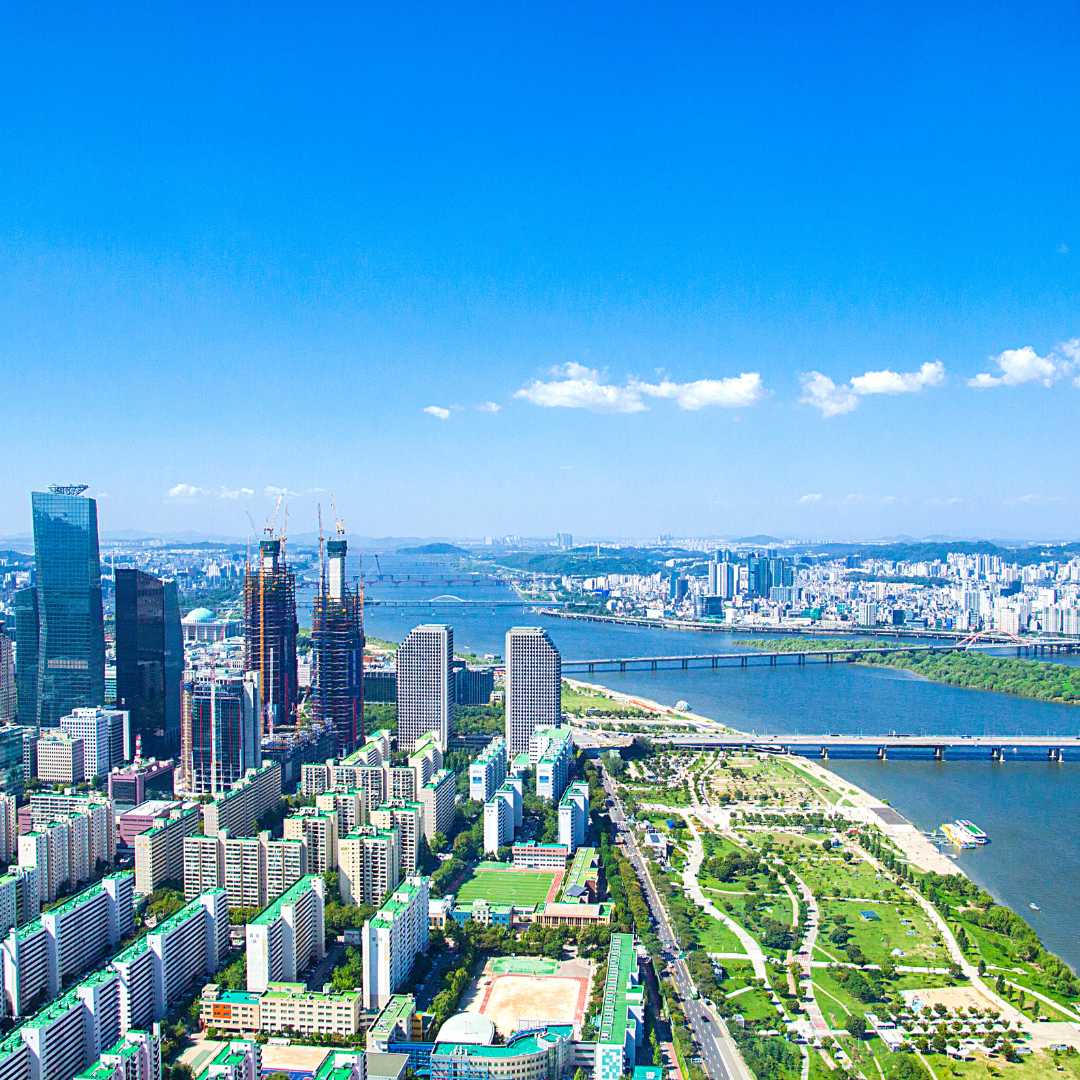
Seoul, is a bustling metropolis, might not immediately come to mind as a sustainability leader, but it's making significant strides, particularly in smart city technology and green infrastructure. Seoul is rising in sustainability rankings, demonstrating a commitment to urban innovation that also benefits the environment.
Sustainable Highlights:
- Smart City Initiatives: Seoul utilises advanced technology for efficient resource management, intelligent transport systems, and real-time environmental monitoring.
- Urban Greenery Projects: Despite its density, Seoul is actively creating more green spaces, like the Cheonggyecheon Stream restoration project, which transformed an elevated highway into a vibrant urban park.
- Public Transport Network: Its incredibly efficient and extensive subway system and bus network encourage public transit over private vehicles.
- Waste-to-Energy: Seoul is investing in advanced waste management, including facilities that convert waste into energy.
- Renewable Energy Targets: The city has set ambitious targets for increasing its renewable energy supply.
Experiencing Seoul Sustainably
Utilise Seoul's world-class public transport to explore, walk along the Cheonggyecheon Stream, or visit the Seoul Botanic Park. Experience the blend of tradition and modernity, appreciating how the city integrates nature into its urban fabric.
For staying connected in this dynamic Asian city, MobiMatter offers region-specific and global plans. The Asia Premium 20 GB for 30 days at $36.49 (covering 10 countries) would be a good fit, or for broader coverage, consider a Global Special 10 GB for 180 days at $41.99, which covers 111 countries.
5. San Francisco, USA: Leading the Way in Waste Reduction

San Francisco stands out in North America for its aggressive recycling and composting programs, aiming for zero waste. The city has long been a pioneer in environmental policy and green technology.
Sustainable Highlights:
- Zero Waste Goal: San Francisco has one of the highest diversion rates (recycling and composting) in the world, with a goal to achieve zero waste.
- Renewable Energy Procurement: The city is actively working towards sourcing 100% of its electricity from renewable sources.
- Sustainable Transit: Its iconic cable cars, MUNI public transport, and increasing bike lanes offer alternatives to private cars.
- Green Building Standards: San Francisco has strong green building codes, promoting energy efficiency and sustainable construction.
- Water Conservation: Innovative water conservation efforts are a priority in this drought-prone region.
Experiencing San Francisco Sustainably
Make use of the excellent public transport or explore on foot. Visit Golden Gate Park, one of the largest urban parks in the world, or explore the Ferry Building Marketplace, known for its locally sourced produce and artisanal foods. Support businesses committed to sustainable practices.
MobiMatter Package for San Francisco
For seamless connectivity across the USA, MobiMatter's USA 20 GB for 30 days at $23.99 is a solid choice. If your travels extend beyond San Francisco within the US, this provides ample data. For broader North American travel, the "North America 10 GB" for 30 days at $17.99 is also available.
6. Stockholm, Sweden: Europe's First Green Capital
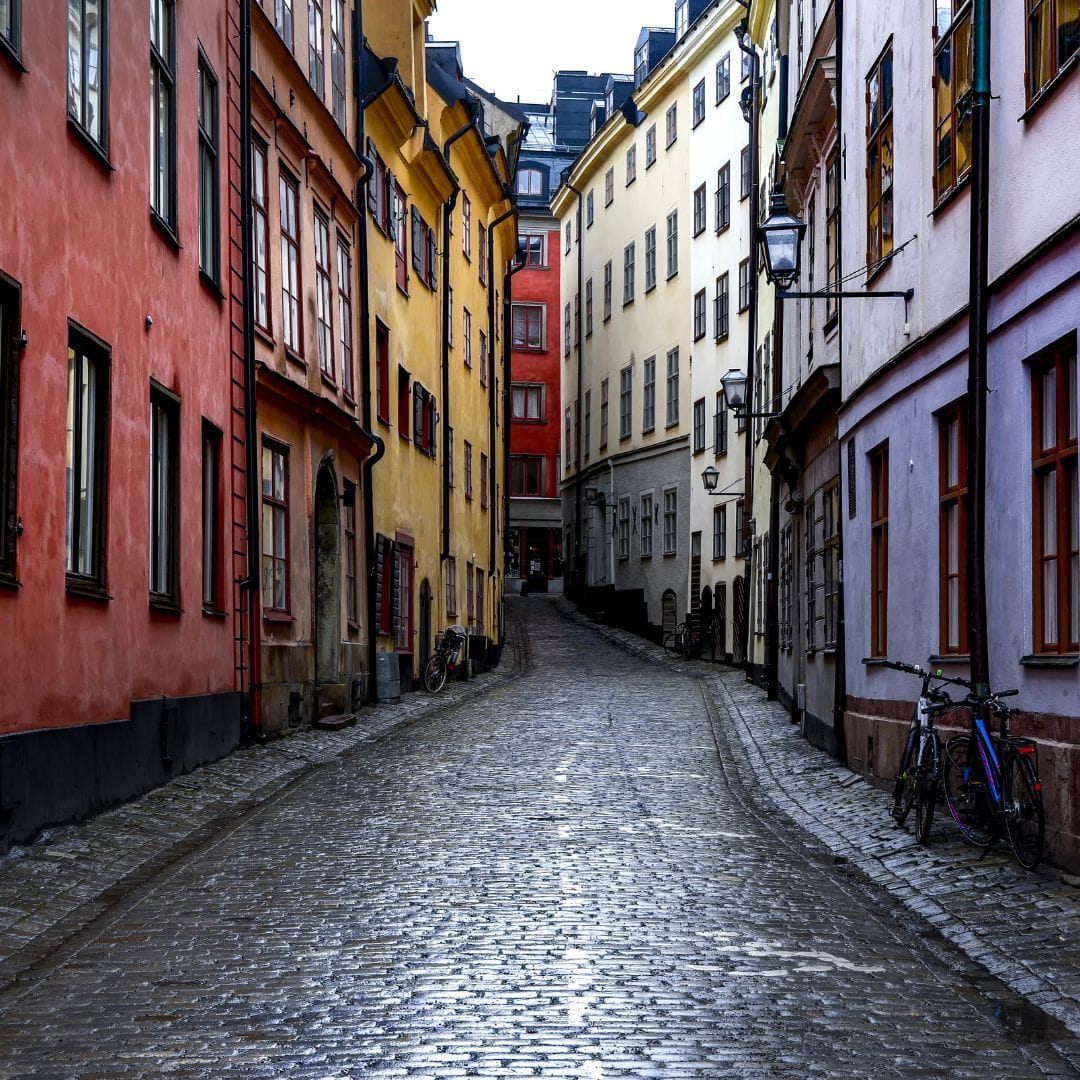
Stockholm was the first city to be awarded the European Green Capital title in 2010, and it continues to be a benchmark for urban sustainability, particularly in its integrated approach to environmental management.
Sustainable Highlights:
- Integrated Environmental Management: Stockholm has a holistic approach to sustainability, integrating environmental concerns into all aspects of city planning and operations.
- Waste Heat Recovery: The city uses waste heat from industrial processes and wastewater treatment to provide district heating.
- Green Public Transport: Stockholm's public transport system is largely powered by renewable energy, including biogas buses and green electricity-powered trains.
- Protected Green Areas: Over 95% of Stockholm's residents live within 300 meters of a green area, emphasizing the importance of nature in urban life.
- Water Quality: Strict environmental regulations ensure excellent water quality in its lakes and waterways.
Experiencing Stockholm Sustainably
Explore the archipelago by ferry, powered by biofuel, or take a walk through the Djurgården island, a royal park. Visit the Hammarby Sjöstad district, a former industrial area transformed into a leading example of sustainable urban development.
MobiMatter Package for Stockholm
Similar to other European destinations, the Europe and USA 15 GB for 30 days at $14.49 is a convenient option for Stockholm. For a longer stay or more intensive data usage, consider the Europe 50 GB for 30 days at $47.99.
7. Manila, Philippines: The Resilient Megacity Embracing Green Innovation
Manila, one of Southeast Asia's most densely populated cities, is rapidly transforming its approach to urban sustainability through innovative green initiatives and climate resilience programs. Despite facing unique challenges as an archipelago nation vulnerable to climate change, Manila is pioneering sustainable solutions that other tropical megacities are watching closely.

Sustainable Highlights:
- Green Building Revolution: Manila is leading the Philippines in adopting LEED-certified buildings and sustainable architecture, with new developments incorporating natural ventilation, solar panels, and rainwater harvesting systems.
- Urban Reforestation Projects: The city has launched ambitious tree-planting initiatives along major thoroughfares and in parks, helping combat air pollution and urban heat islands.
- Flood Management Innovation: Advanced drainage systems and flood control measures are being implemented to address monsoon challenges while incorporating green infrastructure solutions.
- Public Transport Modernization: The expanding Metro Rail Transit and Bus Rapid Transit systems are reducing reliance on private vehicles, while electric jeepneys are being piloted to replace traditional diesel-powered public utility vehicles.
- Waste-to-Energy Programs: Manila is developing facilities that convert municipal solid waste into renewable energy, addressing both waste management and power generation needs.
Experiencing Manila Sustainably Explore the revitalized Intramuros district on foot or by electric bike, visit the Manila Ocean Park's marine conservation exhibits, or take public transport to the cultural district of Malate. Support local farmers' markets in Salcedo Village and enjoy farm-to-table Filipino cuisine at restaurants committed to sustainable sourcing.
MobiMatter Package for Manila For staying connected while exploring the Philippines' capital and potentially island-hopping throughout the archipelago, securing reliable connectivity through philippines esim deals is essential. MobiMatter's Asia Premium 20 GB for 30 days at $36.49 covers the Philippines and 9 other Asian countries, perfect for digital nomads researching Manila's green initiatives or sharing sustainable travel experiences across Southeast Asia.
Staying Connected Sustainably with MobiMatter
As you travel across the globe and encounter these incredibly sustainable cities, mobile connectivity plays a crucial role in the overall experience. Navigating airports, public transport, finding local eateries, researching local sustainability initiatives, or simply sharing your journey with loved ones – all require reliable data.
MobiMatter's eSIM technology is inherently more sustainable than traditional physical SIM cards. By eliminating the need for plastic cards and their packaging and shipping, eSIMs reduce waste and carbon emissions. Making it good news for everyone! Furthermore, the convenience of purchasing and activating plans digitally means less paper, less plastic, and a more streamlined process for the eco-conscious traveler.
No matter where your sustainable journey takes you, MobiMatter offers a diverse range of eSIM packages tailored to your needs. From regional plans covering multiple countries to global options for the truly adventurous, you can find a plan that fits your travel style and budget. Their transparent pricing and easy activation ensure you spend less time worrying about connectivity and more time immersing yourself in the green innovations of the world's most sustainable cities.
In a world increasingly aware of its environmental impact, choosing to travel sustainably is a powerful statement. By supporting cities that prioritise a greener future and by utilising services like MobiMatter that align with these values, we can all contribute to a more connected and sustainable planet. So, pack your bags, download your eSIM, and embark on an adventure that's as enriching for you as it is for the Earth.
FAQs on Sustainable Travel & eSIM Connectivity
1. What makes a city truly sustainable?
A sustainable city balances environmental protection, social equity, and economic growth. It prioritises clean energy, green spaces, efficient public transport, and waste reduction while ensuring a high quality of life for both residents and visitors.
2. Why should digital nomads care about sustainable travel?
Digital nomads have the privilege of exploring the world and, with it, the responsibility to minimise their carbon footprint. Choosing eco-friendly cities, using public transport, and staying connected with eSIMs instead of physical SIMs are ways to support global sustainability.
3. Which cities are considered the most sustainable for travellers?
Cities like Copenhagen, Amsterdam, Oslo, Seoul, San Francisco, Stockholm, and Manila are leading examples. They excel in renewable energy use, cycling culture, smart city initiatives, waste reduction, and green urban planning.
4. How does Copenhagen promote sustainability for travellers?
Copenhagen stands out with its extensive cycling infrastructure, clean harbour baths, renewable energy from wind power, and eco-friendly dining options. Travellers can explore the city by bike, swim in clean canals, and dine on locally sourced food.
5. What is Amsterdam’s circular economy model?
Amsterdam aims to be fully circular by 2050, focusing on reuse, repair, and recycling. Travellers can experience this by supporting upcycling shops, exploring sustainable communities like De Ceuvel, and travelling by bike or electric boat.
6. Why is Oslo called the EV Capital of the World?
Oslo has the highest per capita ownership of electric vehicles globally. It supports EV adoption with robust charging infrastructure and incentives, while also offering car-free zones and excellent green public transport.
7. How is Seoul becoming a sustainable smart city?
Seoul integrates technology with sustainability, featuring smart waste management, efficient public transport, and urban greenery projects like the Cheonggyecheon Stream restoration. Travellers can easily explore the city sustainably by subway or electric bus.
8. What makes San Francisco a leader in waste reduction?
San Francisco has one of the world’s highest recycling and composting rates, with a goal of zero waste. It also enforces strict green building codes and water conservation initiatives, making it a model for eco-conscious cities.
9. Why was Stockholm named Europe’s first Green Capital?
Stockholm was awarded the title for its integrated environmental management, district heating powered by waste heat recovery, and renewable-powered transport. The city ensures nearly all residents live within 300m of a green space.
10. How is Manila addressing sustainability challenges?
Despite its density, Manila is adopting LEED-certified green buildings, urban reforestation, flood management systems, and electric jeepneys. These initiatives highlight the city’s resilience against climate change.
11. What role does MobiMatter play in sustainable travel?
MobiMatter provides digital eSIMs, reducing the need for physical SIM cards, plastic waste, and shipping emissions. Their flexible plans keep travellers connected while aligning with eco-friendly values.
12. Are eSIMs better for the environment than physical SIMs?
Yes. eSIMs eliminate plastic SIM cards, packaging, and shipping. This reduction in material usage and transport emissions makes eSIMs a greener alternative for eco-conscious travellers.
13. Which MobiMatter eSIM plan is best for Europe?
For exploring Europe’s sustainable cities, the Europe & USA 15 GB for 30 days at $14.49 is a top choice. For higher data needs, there are plans with up to 50 GB.
14. What’s the best MobiMatter plan for Asia travel, including Seoul and Manila?
The Asia Premium 20 GB for 30 days at $36.49 covers 10 countries, including South Korea and the Philippines. For wider coverage, the Global Special 10 GB for 180 days is ideal.
15. How can travellers experience cities sustainably while staying connected?
Travellers can choose eco-friendly transport (bikes, EVs, subways), support local and organic food markets, and reduce waste. Staying connected with a MobiMatter eSIM ensures easy navigation, research, and sharing of green adventures—without the environmental cost of physical SIMs.



